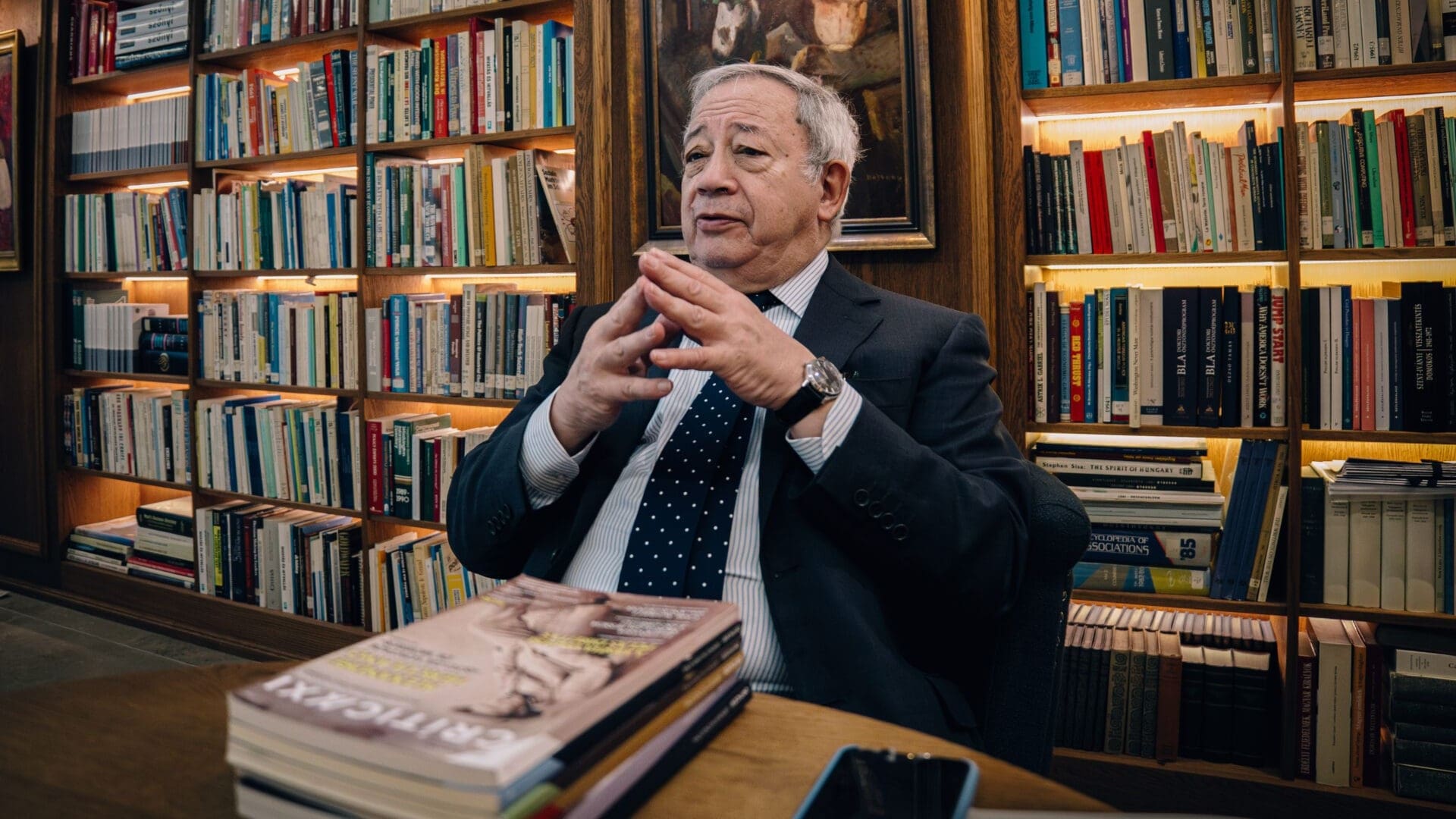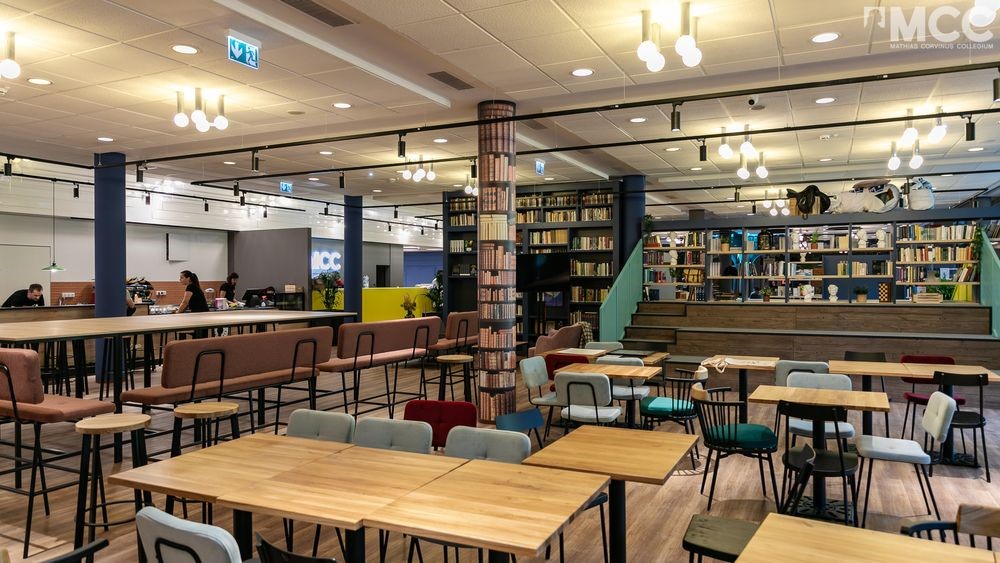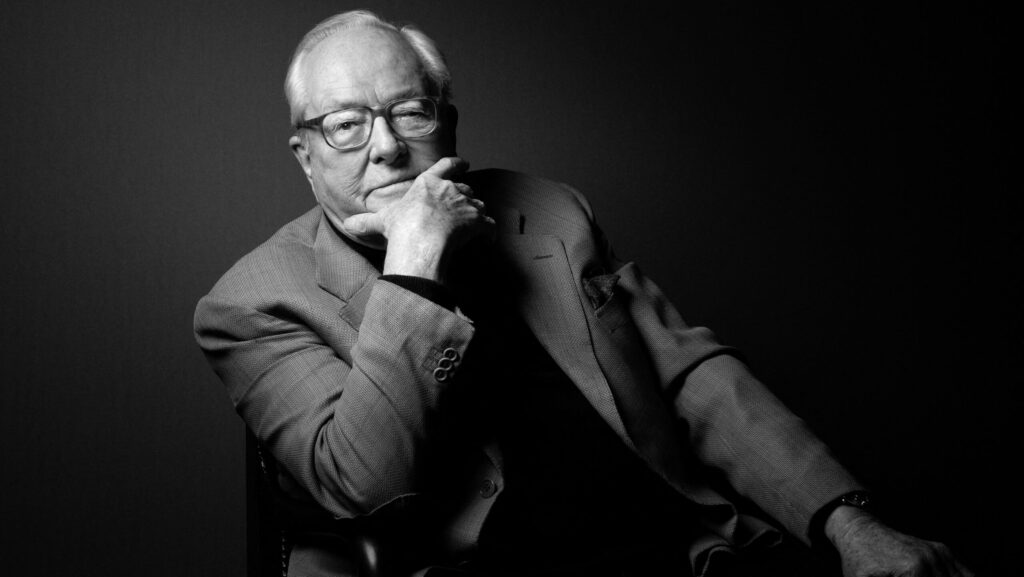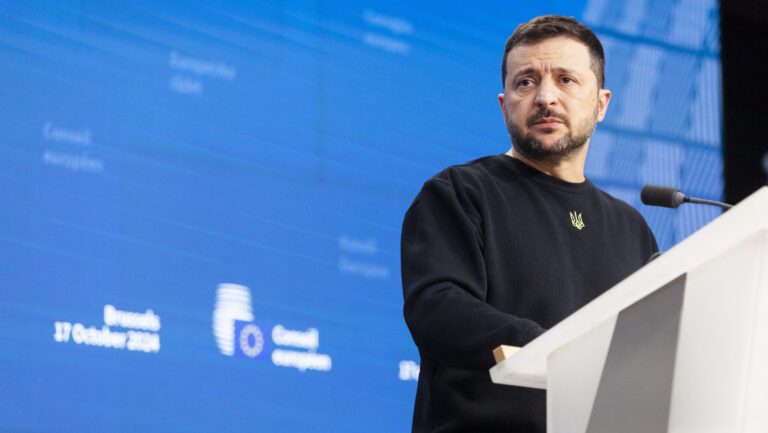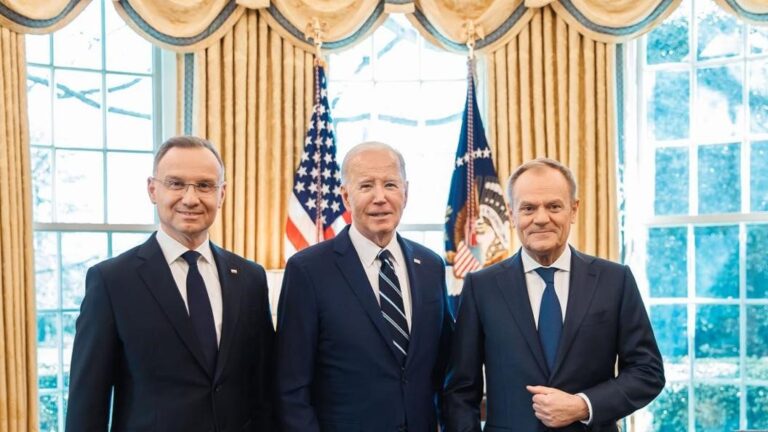This year Portugal celebrates the 50th anniversary of the revolution that took place on 25 April 1974. This revolution ended the dictatorship, the Estado Novo (New State) regime originally established by António Salazar, and implemented democracy in Portugal. What also makes 2024 special is that Chega, Portugal’s national conservative (also described as right-wing populist) party achieved shockingly good results in the March elections in a country that has traditionally been led by socialists and social-democrats ever since the revolution. Chega won fifty seats in the parliament, quadrupling the number of their MPs. Hungarian Conservative spoke to Portuguese writer and political scientist Jaime Nogueira Pinto, who recently visited Budapest at the invitation of the Danube Institute, about the public mood fifty years ago and the political changes that have occurred since.
Portuguese right-wing political thinker and university professor Jaime Nogueira Pinto, 78, remembers the revolution that toppled Portugal’s authoritarian regime five decades ago as if it were yesterday. He was in his twenties when, on 25 April 1974, a military coup returned Portugal to democracy after 48 years of authoritarian rule. ‘Fifty years ago, on 25 April 1974, I was in Lisbon, at the Army General Staff, awaiting departure for Angola. I was waiting to be deployed, having volunteered for the war there. At that time there weren’t many volunteers, but I was always a defender of the Portuguese empire. So, I felt it was my duty to serve’, he said. Nogueira Pinto added: this is what on the right was called the ’Overseas War,’ and while by the left it was referred to as the ’Colonial War.’ ‘As I was preparing for embarkment to Angola, the revolution occurred. This wasn’t a true revolution but a military coup d’état that later evolved into a revolution. Initially, it was a military protest against government measures regarding new regulations for the military academy’, he continued. But according to Nogueira Pinto, democracy, in the sense of a liberal state with civil rights, only truly began in 1976 with the new constitution and after the left-wing military’s failed coup on 25 November. Regular democracy took root even if many right-wing people and parties were initially banned.
At this year’s commemoration thousands took to the streets to celebrate the anniversary. According to Nogueira Pinto,
this was largely due to the sudden rise of a national conservative party, Chega,
which garnered 18 per cent of the votes in the election this March.

The party led by André Ventura and inspired by Italy’s Matteo Salvini, France’s Marine Le Pen, and the president of the Spanish Vox, Santiago Abascal (who was in Portugal to take part in the campaign), won over one million votes and established itself as the third force on the Portuguese political map. The elections in March saw the same parties that entered the Assembly in 2022 maintain their presence, with the most significant change being the clear majority of the right. The centre-right, represented in these elections by the Democratic Alliance (AD) coalition, composed of the Social Democratic Party (PSD), the People’s Party (CDS-PP), and the Monarchist People’s Party (PPM), was able to establish itself as an alternative to the PS. Additionally, the right-wing liberal party, the Liberal Initiative (IL), secured 4.9 per cent of the vote and retained its eight MPs. In terms of mandates, the right-wing parties obtained at least 135 mandates, well above the 116 needed to secure an absolute majority.
According to Nogueira Pinto, right-wing parties like Chega, called populists by the mainstream media, are successful with voters across Europe because traditional parties do not pay enough attention to the issues that are actually important to voters.
‘Fifty years after the revolution this particularly shocked the left. It mobilized them, and made them very nervous’,
Nogueira Pinto added.
Indeed, the Portuguese political arena has been dominated by two main parties, the Socialist Party (PS) and the Social Democratic Party (PSD), for 48 years. Now, with the rise of Chega and the IL, things are changing. These new parties, especially Chega, have significantly impacted the political landscape. Chega started five years ago with just one member in the parliament and now has fifty, which shocked the left. Chega’s support comes from parts of society previously ignored by mainstream parties, which is why they are gaining traction. This shift indicates that the existing parties failed to address certain issues, leading to Chega’s success. Portugal’s long history of a right-wing authoritarian regime for 48 years, followed by cycles of opposition, has now swung the pendulum again. According to Nogueira Pinto, however, the reality is that the ideologies imposed on people by the left, such as cancel culture and the LGBTQ ideology, ultimately led to people turning more and more towards the right, which stands for traditional values, and not only in Portugal but in other Western democracies as well.
Nogueira Pinto also pointed out that the European Commission has introduced new regulations for social media platforms which he believes amount to a form of censorship. The Portuguese political scientist thinks that the European Commission is afraid of the growing influence of right-wing political groups in European countries. He notes that these new right-wing parties, whether conservative or secular, are coming together on national issues and emphasizing the significance of borders and national identities.
Regarding migration, Portugal’s situation is beginning to resemble those of other Southern European countries.
In the Southern European country
the foreign population has doubled in five years, with many people coming from Asia to work on farms and in restaurants.
Overseas arrivals now make up one million people—roughly a tenth of the total population—according to government data. Only last year 180,000 migrants were regularized.
According to Jaime Nogueira Pinto, migration from different cultures poses challenges because political culture largely stems from religion. He emphasizes the massive European migration to the New World in the 19th century that differed because those migrants shared similar cultural and religious backgrounds. Nowadays, the issue is more complex, with different cultural backgrounds involved.
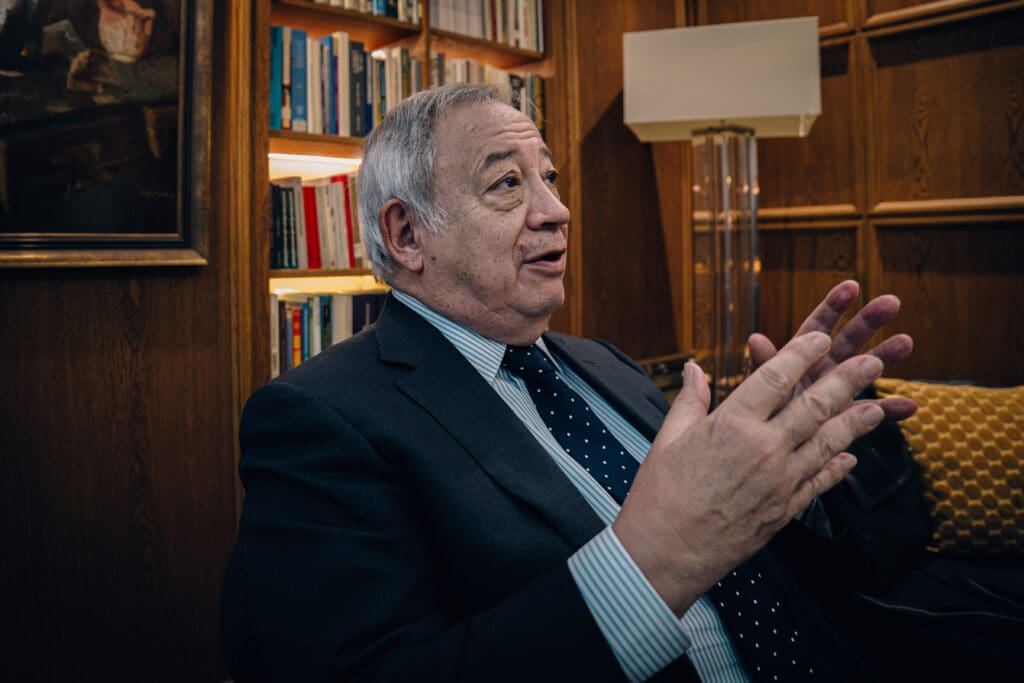
As the European Parliament elections were approaching, the government decided to end an exceptional regime that allowed foreigners to enter Portugal and then apply for a residence permit. One of the changes is that non-EU citizens will no longer be allowed to migrate to Portugal without holding an employment contract, according to the authorities.
In the future migrants who wish to come to Portugal would need to first find a job, sign a contract, and then enter the country. The new Prime Minister of Portugal, Luis Montenegro, has stated that the government aims to prevent the system from being excessively abused by ending the practice of foreign nationals moving to the country without an employment contract.
The new government has announced its focus on attracting foreign talent and introducing a plan to help foreigners integrate into Portugal. However, Chega’s leader, André Ventura, has criticized the plan as ‘weak’ and ‘ineffective,’ stating that some measures still need approval in parliament.
Perhaps as a result of these measures that took the wind out of its sails, Chega had a setback in the European election. Traditionally, in Portugal and all over Europe, the elections for the European Parliament see much lower voter turnouts than general elections. That’s understandable, as the issues at stake are less important for the average voter than the ones in the legislative, presidential or even local elections.
This time it also happened in Portugal, but Chega was particularly hurt by it: it dropped from near 1,200,000 votes in the 10 March legislatives to less than 400,000, which is a much greater loss than what the proportion of voters staying away from the polls would indicate.
Most commentators have identified as the main reason for this fall the wrong choice head of the list—Ambassador Tânger Correia, 72, a retired diplomat, and Vice-President of Chega. Other parties chose people who are well-known to the public; as opposed to that, the Chega candidate was unknown and not a good communicator. Nevertheless, Nogueira Pinto stressed, we should not resort to the ‘scapegoat the electors’ approach and blame the Ambassador for the bad result.
The party, as all formations built as a protest parties, needs a structured corpus of ideas and values; and it also needs cadres, and a structure of responsibilities, to connect the leader, the activists and the voters. Portuguese right-wing conservative supporters hope that Chega and its leader will be able to make that happen.
Related articles:

